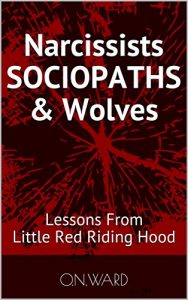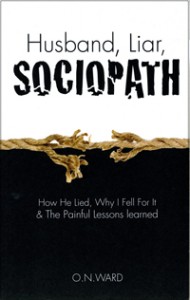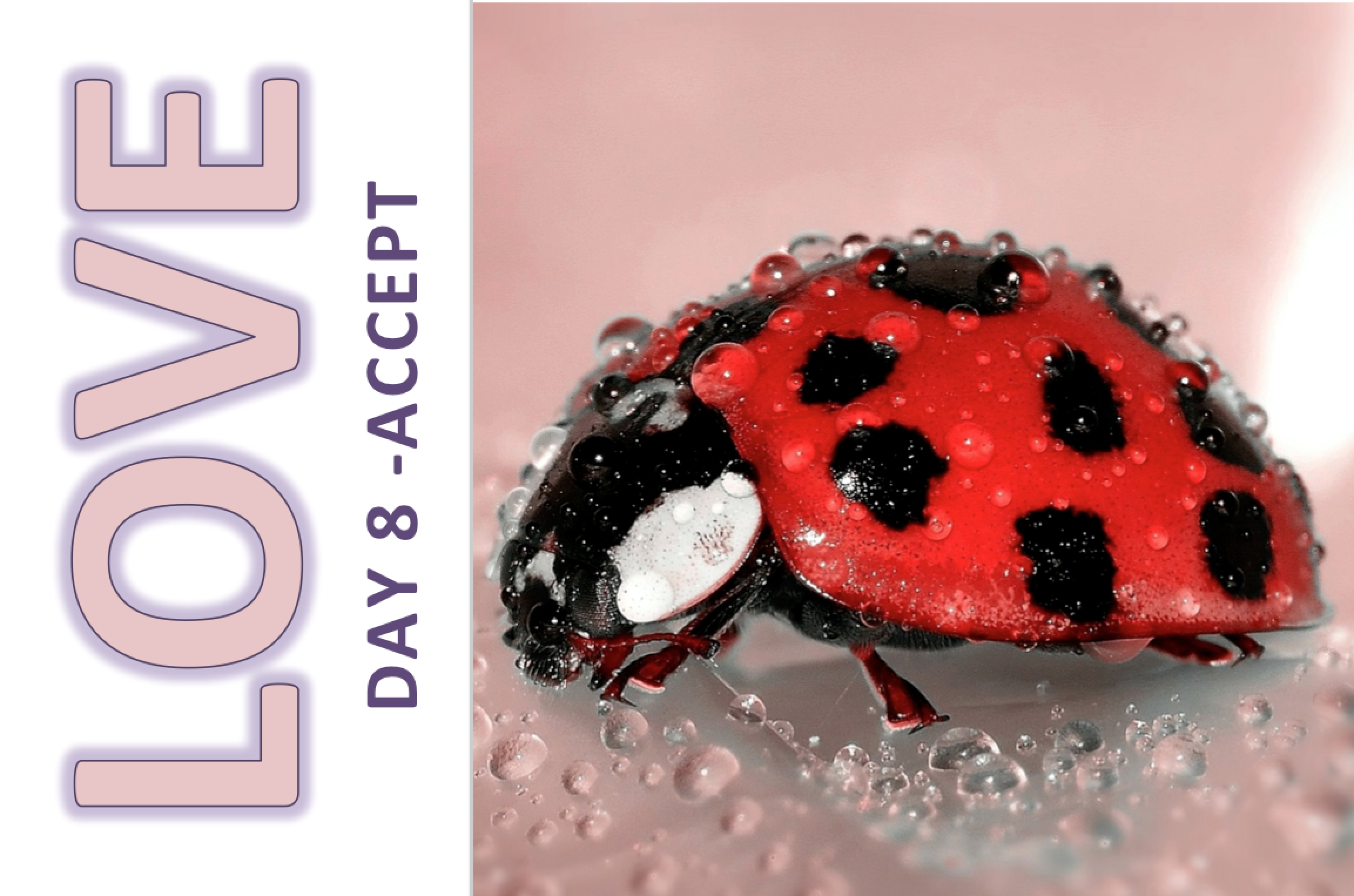 Ev
Ev ery week, a chapter of my book,”Husband, Liar, Sociopath: How He Lied, Why I Fell For It & The Painful Lessons Learned” (available via Amazon.com, just click on the title or book cover) will be published here on Lovefraud. To read prior chapters, use the links at the bottom of the post.
ery week, a chapter of my book,”Husband, Liar, Sociopath: How He Lied, Why I Fell For It & The Painful Lessons Learned” (available via Amazon.com, just click on the title or book cover) will be published here on Lovefraud. To read prior chapters, use the links at the bottom of the post.
I’ve also just released a new ebook titled Narcissists, SOCIOPATHS & Wolves: Lessons From Little Red Riding Hood. (Just click here to find it on Amazon.com Narcissists SOCIOPATHS & Wolves.)
Chapter 59: What I Found Most Helpful
Please keep in mind that I am not a doctor, lawyer, psychologist, or a licensed therapist. What follows are a few things I found helpful in my journey.
Therapists and Lawyers
Find a therapist and a lawyer (if relevant) who are experts on abusive relationships and who have a track record of helping abuse survivors understand and leave these toxic partnerships and take the steps necessary to craft a new life. Sometimes these situations are referred to as “high-conflict” divorces. Also, keep in mind that “sociopath” is not a medical term or an official diagnosis. Others refer to such individuals as psychopaths, suffering from narcissistic personality disorder or antisocial personality disorder, high-conflict individuals, personality disordered, abusers, and, of course, “jerks.”
Journaling
I started keeping a journal many months before Paul and I separated and continued to do so throughout our separation and in the months after we divorced. I highly recommend doing this. (Just make sure you keep it secure!) Journaling kept me grounded in reality (not Paul’s distorted version of it), made it harder for him to gaslight me, and allowed my brain to make long-overdue connections. These new connections heralded insights that, brick by brick, helped build a new foundation for my life—a foundation based on the truth no matter how brutal that truth was.
Seek Out Those Who “Get It”
Often, I find that you get support from the most unlikely sources, while some people who you think will help you (such as family members and friends) fail miserably when called upon. Stop looking for support where there is none, or, even worse, where there is subtle (or not so subtle) blame, criticism, and judgment. There are many people and even online communities who have gone through similar experiences and who will be empathetic and helpful. Find those who resonate with you.
Avoid New Important Relationships Until You Are STRONG
If a sociopath has targeted you, you may have characteristics such as empathy, persistence, and flexibility that sociopaths find particularly appealing. If you are recovering from a relationship with a sociopath, your emotional vulnerability may make you even more attractive to other sociopaths. Recovering from a relationship with a sociopath is like recovering from a general anesthetic—avoid all important personal and financial decisions until the impact has worn off completely.
Expect Pain, But Have Faith It Will Lessen And ULTIMATELY PASS
The pain of having your worldview, your family, and your future security explode is searing and seemingly unrelenting. You may experience a profound sense of betrayal, despair, grief, and self-blame. Get the professional and personal support you need. Don’t expect to brush this experience under the rug and get on with your life in a nanosecond. I wish I had not married Paul and been forced to learn a hard lesson about sociopaths. I wish I did not experience day after day of immobilizing despair. But I don’t get a do over. By accepting the pain, getting the support I needed, and coming to understand what happened, the pain finally subsided. I emerged scarred but wiser—with a more complete understanding of human nature, more insight into myself, a clearer sense of my boundaries, and a new sense of purpose I never could have anticipated.
Start from the beginning:
Go to previous chapter:
Notes
Identifying names, places, events, characteristics, etc. that I discuss here and in my book have been altered to protect the identity of everyone involved.




































 Self-Love and Healing Journey Day 8: ACCEPT
Self-Love and Healing Journey Day 8: ACCEPT